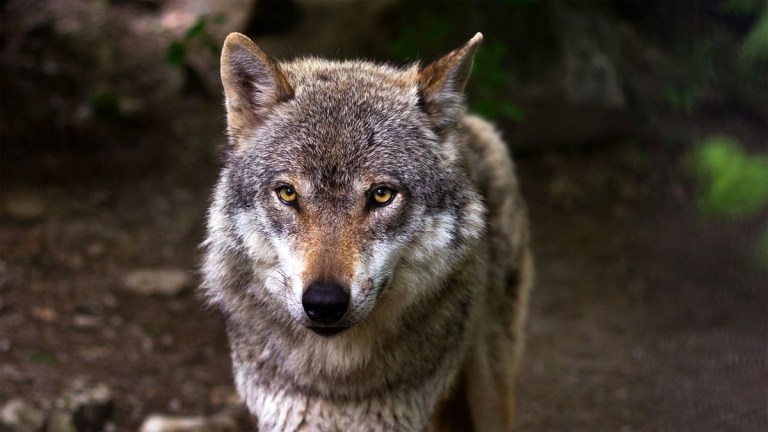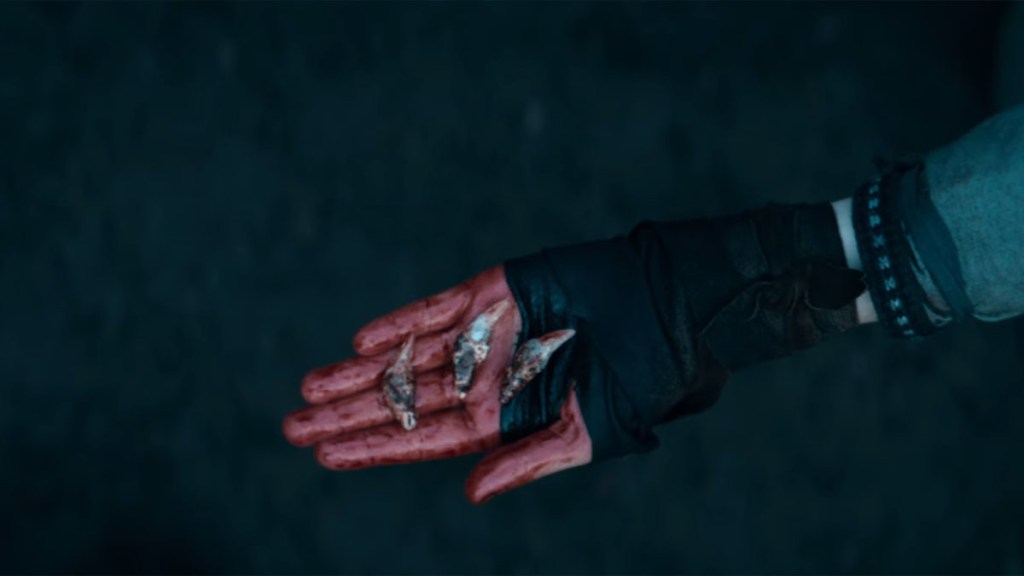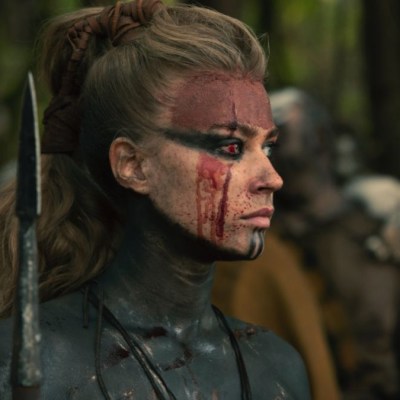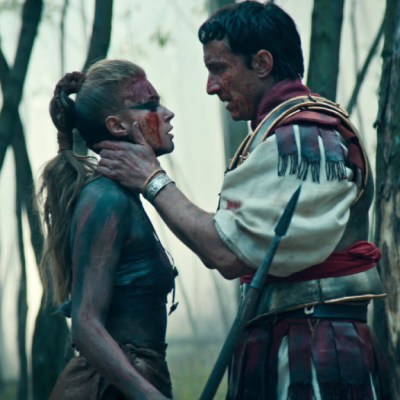Barbarians and Animal Symbolism: What Did Wolves Mean in the Ancient World?
In the ancient Rome of Netflix's Barbarians, wolves weren't only a beast of battle, but also symbolised motherhood and nurturing...

If you’ve seen the Netflix series Barbarians, you can’t have missed the many, many references to wolves on both sides of the central battle. The first episode is titled ‘Wolf and Eagle’, the three Germanic leads each wear a wolf’s tooth around their neck, their tribe tells stories about a wolf that will come to devour the world, while Roman characters tell their own myths about children suckled by a wolf, and wolves prowl the surrounding forests. Were the ancient Germanic tribes and the ancient Romans really that into wolves?
Well, yes, though they meant something quite different to the two different sides. (Not the only thing with different meanings; as an aside, should you happen to find yourself time travelling to ancient Rome, if you said “orgia” to Roman guards, as Folkwin does in episode one, they’d think you were saying “secret rites” – the actual original Greek meaning of the word – not “orgy”. It might work to get you in anyway, if they thought you were initiated into the secret rites, of course). In Germanic and Norse mythology, wolves could be seen as either vicious, destructive forces, or as symbols of bravery or loyalty. Geri and Freki, for examples, were loyal companions to Odin. The Icelandic Prose Edda, written by Snorri Sturlson about 1200 CE, describes how Odin would feed them his meat, as he didn’t need to eat and could just live on wine (lucky Odin!).

Wolves were often associated with violence for Germanic and Norse peoples, though. Wolves are one of the ‘beasts of battle’ (along with ravens and eagles), who feast on the bodies of the dead after a fight. The words for “wolf” in various Germanic languages (varg, wearg, warg, warc) could also mean robber or murderer. In mythology, the giant wolf Fenrir, the son of Loki, was kept chained because he was so dangerous, and in some stories he was destined to swallow the god Odin at Ragnarok, the end of the world. In some stories, his sons Skoll and Hati also devour the sun and the moon. It was likely these stories that inspired the story told in Barbarians about a wolf that will devour the world – though in the show, it’s pretty clear that this wolf also stands for Rome and its empire.
Pendants made from canine teeth, like the wolf’s teeth pendants worn by Thusnelda, Folkwin and Ari in the series, have been found at some (later) Viking-age sites, and they’re certainly very popular with re-enactors and enthusiasts now. But it’s actually the Romans who give us clearer evidence for wearing wolf’s teeth – according to Pliny the Elder (the natural historian and general who was killed in the eruption of Mount Vesuvius that destroyed Pompeii), attaching a wolf’s tooth to the body of an infant stops them from being startled. Quite how that works is more of a mystery.
The Romans were generally more attached to wolves as a positive symbol than the Germanic tribes were. In the show, we see Varus tell his new German foster sons the story of Romulus and Remus, the legendary brothers who founded Rome – the show obviously asking us to connect the two German brothers raised by Romans with the two Roman brothers raised by wolves. In Roman mythology, the boys’ mother Rhea was raped by the god Mars and her father, the king, ordered the boys to be left by the bank of the River Tiber to die. They were suckled and raised by a female wolf, supposedly in a cave on the Palatine Hill in Rome called the Lupercal, before growing up, founding Rome, falling out, and Romulus eventually killing Remus.
Thanks to this story, wolves in Rome could be associated, not just with violence and ferocity, but also with motherhood and nurturing. On 15th February every year in a festival called the Lupercalia, the priests of the Lupercal would sacrifice goats and a dog (a domesticated dog, not a wolf, obviously) at the cave and then they would run naked through the streets with thongs made of goat skin. Women would hold out their hands to be hit (gently) with the thongs, because this was meant to protect them and their babies in childbirth, or help them to conceive. Mark Antony was one of these priests and it was at this festival that he once offered Julius Caesar a crown three times to judge the reaction of the crowd – and yet, disappointingly, this bit never seems to make it into TV or film re-tellings of that story (Shakespeare kept it off stage, the spoilsport).

The bravery and fierceness of wolves was important in their symbolism for the Romans too. The Romans thought of themselves as descendants of the war god Mars, and of boys raised by a wolf, which helped to encourage a culture of violence, war, and constant combat and conquest. Wolves were not the only animals that were important to them, though. It was the skins of bears or lions that standard-bearers wore on their helmets (not wolf-skins, as re-enactors and TV shows often suggest) and the animal on the standard was, of course, the eagle.
The eagle was the symbol of the Roman legions, as each legion had an eagle standard that it marched behind. Capturing a Roman eagle standard was a symbol of destroying a Roman legion, hence Varus’ fury in Barbarians when Thusnelda and Folkwin infiltrated his camp and stole one. When the Emperor Augustus had a shiny statue made of himself in military dress (known now as the Prima Porta), he had an image put on the breastplate of himself recovering an Eagle standard from a Parthian that had been lost by earlier general Crassus years before – he was that proud of getting the Eagle back, and symbolically recovering the loss. You can imagine his frustration, then, when Quinctilius Varus lost three of them all at once in the Battle of Teutoburg Forest.
The loss of men was tragic, not to mention the grisly fate of some of the survivors (caged and burned alive). The legions involved (the 17th, 18th, and 19th) were never reformed and according to imperial biographer Suetonius, Augustus spent months mourning them, repeatedly bashing his head against a door and crying “Quinctilius Varus, give me back my legions!”. In 1970s TV series I, Claudius, this became “Quinctilius Varus, WHERE ARE MY EAGLES?!” screamed with gusto by Brian Blessed in the way only Blessed can scream. Romans loved their wolves, but ultimately, the animal they really cared about was the eagle.


